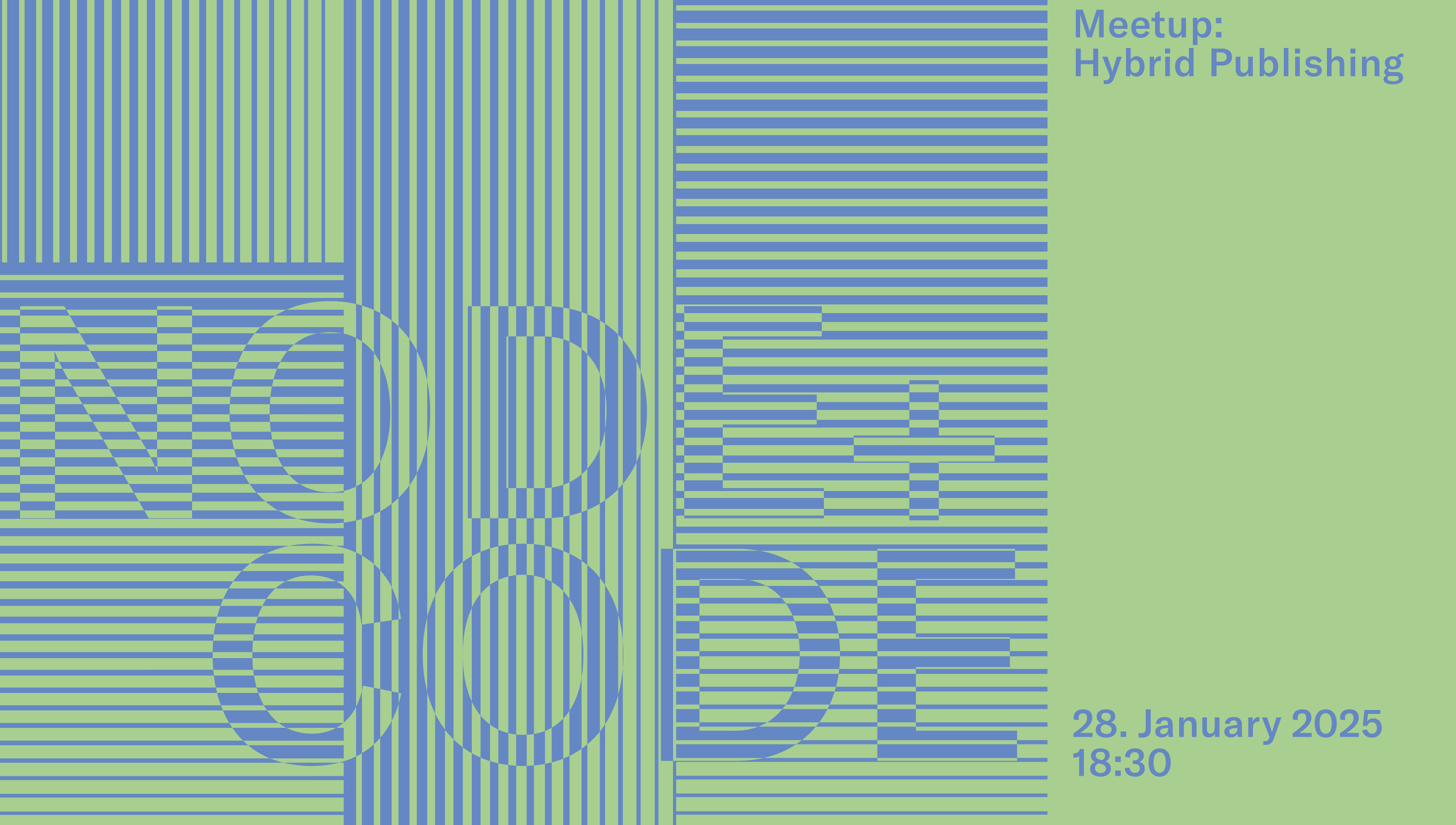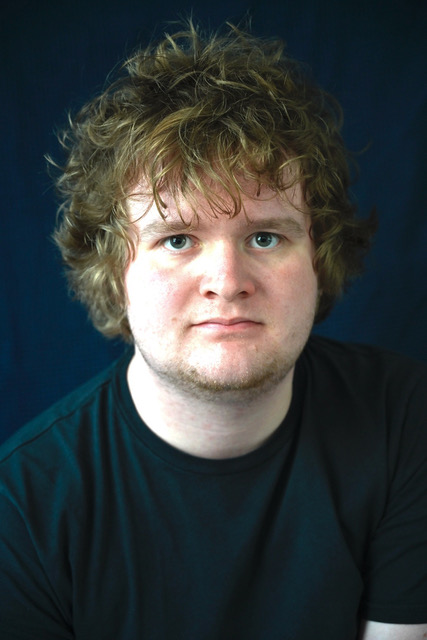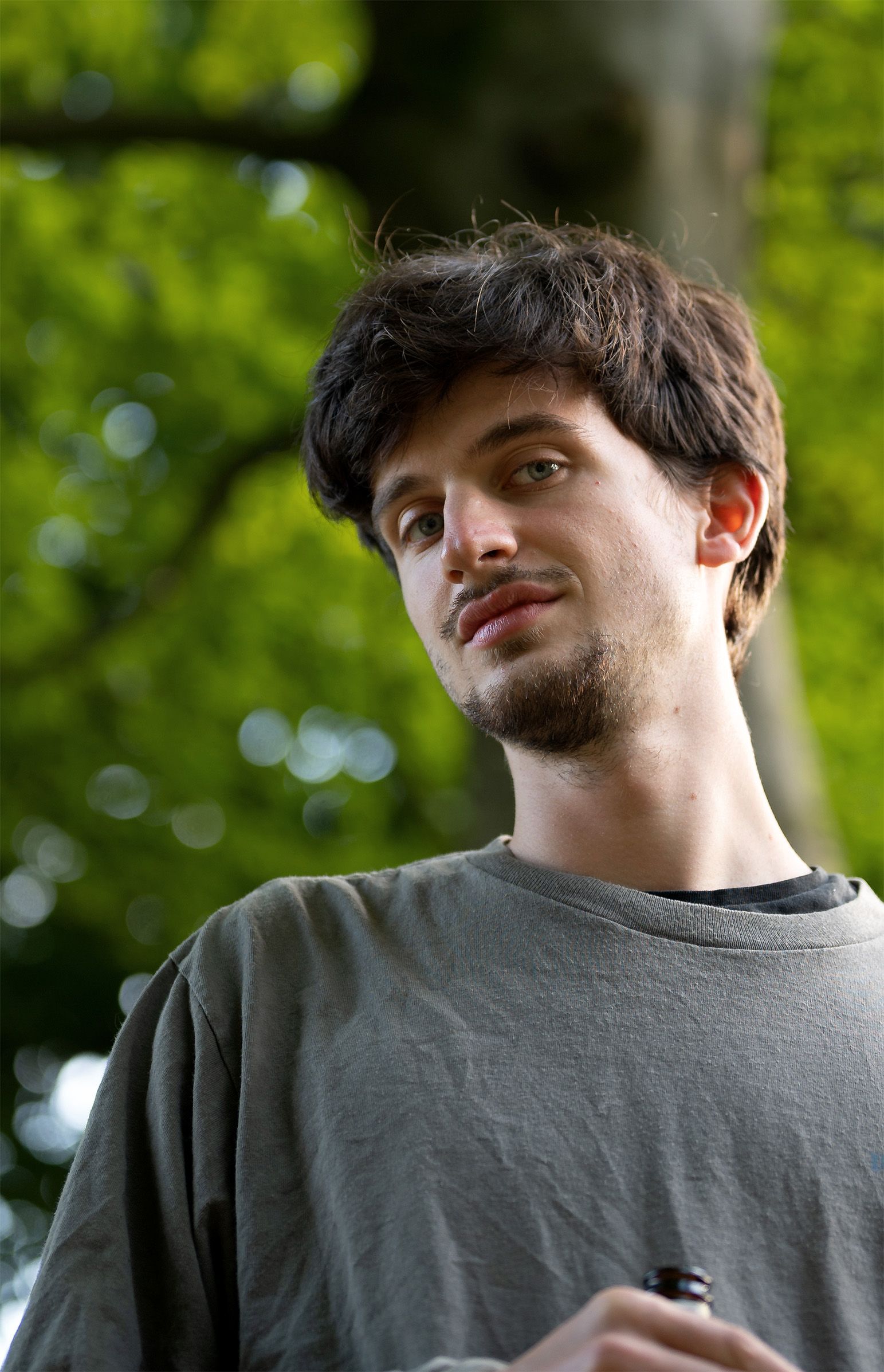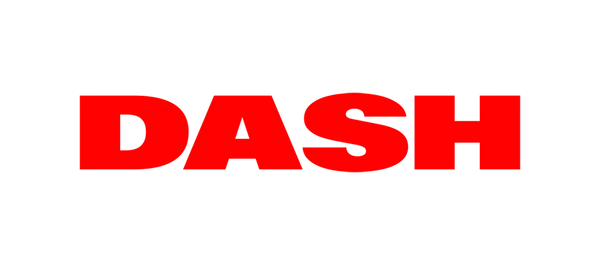NODE+CODE #17 – Hybrid Publishing
Hybrid formats in publishing at the intersection of coding, web, print, art and design
NODE+CODE #17 is dedicated to hybrid publishing and web-to-print. We will be guests at DASH, a publishing house in the center of Frankfurt, and discuss future publishing formats at the intersection of coding, web, print, art and design.

Program
Following the topic of publishing, we are extremly happy to be guest at DASH.press for this edition of NODE+CODE, let’s call it NODE(dash)CODE.
This time we will have Julien Taquet as a guest giving us insight into the paged.js framework.
After we will have multiple short show&tells of 6–8 hybrid publications and their authors. The books / websites will be exhibited at DASH.
We will – as always – organize free soup for everyone <3
Hybrid Publications Show&Tell
Permacomputing as a practice for digital Graphic Design (Hannah Gmeiner)
The hybrid publication Permacomputing as a practice for digital Graphic Design uses various experiments to examine how permacomputing principles can be applied in digital graphic design. As a Web2Print publication, it shows the possibilities of environmentally conscious design in an equally sustainable publication framework.
https://permacomputingasapracticefordigitalgraphicdesign.com/
Digital Artefacts — ein hybrides Webarchiv über Glitch Art (Rebecca Herold)
The project deals with the archiving of digital art in combination with a self-compiled DIY publication. Through an interactive engagement with the topic, users have the advantages of both a digital and an analog publication.
un/learn ai – Approaching AI in Aesthetic Practices (KITeGG, represented by Paul Eßer, Lars Hembacher, Francesco Scheffczyk, Maika Dieterich, Jean Böhm)
“un/learn ai – Approaching AI in Aesthetic Practices” is the first of three issues published as part of the KITeGG research project. The series provides insights into teaching and research and presents results from one third of the project duration.
A hybrid system consisting of an opensource publishing system (PubPub) and web-to-print (paged.js) is used to implement this publication. This allows the members of the network not only to work collaboratively on the content, but also to publish hybrid – i.e. online and in print at the same time.
https://unlearn.gestaltung.ai/
Hybrid Publishing Systems (Paul Eßer, Joanna Zoe Greiner, Lars Hembacher)
Hybrid Publishing Systems is the result of a seminar at Hochschule Mainz, showing a diverse range of experiments on how to publish in-between analog and digital media. The publication presents the individual projects with short reflections on the topic of hybrid publishing and offers an introduction to the subject with a glossary and various references.
https://hybrid.publishing.systems/#/
Creative Pattern Recognition (Francesco Scheffczyk)
Creative Pattern Recognition is a hybrid publication that explores the intersection of artificial intelligence and creative practice.
Through interviews, reflections and analytical pieces it covers a wide range of topics such as the role of AI in art and design, opportunities and challenges presented by AI tools and ethical considerations surrounding AI.
https://francesco-scheffczyk.de
Gathering softly (Anna-Lena Oehm)
Gathering softly is a collection of collections in the digital space, serving to explore collections on the web and their impact on web-based design. This collection becomes the subject of various archiving experiments to circumvent the fleeting nature of the internet and preserve the websites over time. From this, a hard copy has emerged, examining the web-to-print practice as an archiving method.
http://gatheringsoftly.gallery/
3* ! (Clemens Hornemann)
3* ! html for 3*! or even simpler !!! is a digitally dispersed performance scorebook containing 99 conceptual written artworks. The book consists of a digital part, spread over 99 different comment sections across various websites, as well as a printed archive part, with links to all the comments. (Edition of 99, 10x10cm, front and back cover made from PCBs, hand-bound)
Contributors

Julien Taquet
pagedjs.orgJulien is part of Coko and currently involved in developing the paged.js framework. He is also a book production expert having honed his skills with CSS book production in rapid production environments like Book Sprints. He now is focused on building community around Paged.js and bringing his skills to educate the growing community fo designers wanting to migrate to CSS book design.

Hannah Gmeiner
Mainz, Germany
Communication designer, studied at University of Applied Sciences Mainz.

Paul Eßer
Linz, Austria
paul-esser.comPaul is a designer and creative technologist. He has a Bachelors in communication design from the University of Applied Sciences Mainz. In his work his main focuses are generative ai models as design tools and the use of web technologies in hybrid publishing. He held workshops on ai type design at the University of Applied Sciences Tier, the Dutch Design Week and at the University of Applied Sciences Mainz. At the KITeGG project he works as a research assistent on the web to print unlearn publication.

Francesco Scheffczyk
francesco-scheffczyk.deFrancesco Scheffczyk (he/him) studies Digital Media at the University of the Arts Bremen and works as a design researcher for the joint research project KITeGG.
Combining graphic design and coding, Francesco explores the inner workings of technology and its profound impact on the world. His practice revolves around design research, with a particular focus on generative AI systems. Through his work, he seeks to democratise AI systems and translate their complex hidden mechanisms into accessible graphic works.
He shares his work through exhibitions, workshops, publications, and online at francesco-scheffczyk.de.
Anna-Lena Oehm
Mainz, Germany
www.annalenaoehm.comAnna-Lena Oehm studies Communication Design at Mainz University of Applied Sciences. Currently she is working as a student assistant for the project “Arbeitsgruppe für außergewöhnliche Ein- und Ausgabemedien”
And what else will happen?
With this meetup season we will dive into the community – and, of course, we will again serve drinks and a warm and yummy soup for free!
Just come by or RSVP (for better planning) here!

What is NODE+CODE?
Since 2014, the meetup invites creatives, designers, artists, coders and anyone else interested to a series of events with changing locations and thematic focuses – all related to working with code in design and the arts. We want to build a community of people interested in the creative and critical application of technology in Frankfurt and Rhein-Main.
Open Call
Be part of it and share your projects, challenges and questions with the community in one of our next meetups:
Propose your contribution! [DE/EN]
Funding
The project is funded in the program “Promotion of Cultural and Creative Industries Institutions” by the Hessian Ministry of Economy, Energy, Transport and Housing.

In collaboration with

Hosted by
